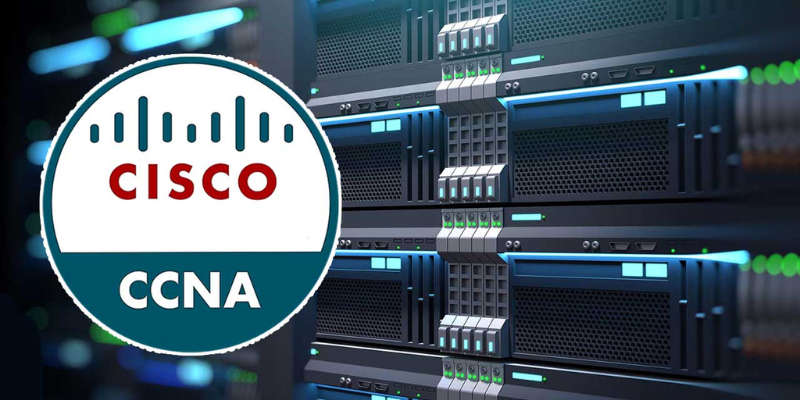Cloud computing has revolutionised how businesses and individuals manage data, applications, and services. Cisco Certified Network Associate (CCNA) Cloud certification equips IT professionals with the skills necessary to design, implement, and manage cloud deployments using Cisco cloud solutions. Understanding the principles of CCNA cloud computing is critical for anybody hoping to navigate this fast changing area efficiently. Enrolling in a CCNA Course in Chennai can provide valuable, localized training to help you master these skills.
What is CCNA Cloud Computing?
CCNA Cloud is a certification program offered by Cisco that focuses on cloud computing infrastructure. It covers the basics of Cisco cloud solutions, including Cisco Intercloud, Cisco CloudCenter, and Cisco UCS Director. This certification validates the skills required for cloud deployment models, including private, public, and hybrid clouds.
Key Concepts in CCNA Cloud Computing
1. Cloud Infrastructure Components
Understanding the components of cloud infrastructure is critical for CCNA Cloud computing certification. This includes:
- Virtualization: Techniques like virtual machines (VMs) and virtual networks enable resource pooling and flexibility.
- Networking: Cloud networking involves designing and managing networks that support cloud services efficiently.
- Storage: Scalable and reliable storage solutions are fundamental for cloud environments, and the CCNA Course Online offered by FITA Academy ensures that you gain the necessary skills to manage these critical resources efficiently.
2. Cloud Service Models
CCNA Cloud covers different service models:
- Infrastructure as a Service (IaaS): Provides virtual computer resources via the internet.
- Platform as a Service (PaaS): Offers platforms and tools for application development and deployment.
- Software as a Service (SaaS): Software programs are delivered via the internet as a subscription service.
3. Cloud Deployment Models
Understanding deployment models helps in selecting the right cloud architecture:
- Public Cloud: Services offered over the internet and shared among multiple organizations.
- Private Cloud: A single organization’s dedicated infrastructure, which is controlled internally or by a third party.
- Hybrid Cloud: Combines public and private cloud models, offering flexibility and scalability.
Benefits of CCNA Cloud Certification
1. Career Advancement
CCNA Cloud certification validates expertise in cloud technologies, enhancing career prospects in IT infrastructure and cloud computing roles.
2. Skill Development
Certification involves practical knowledge of Cisco cloud solutions, preparing professionals to implement and manage cloud environments effectively.
3. Industry Recognition
Cisco certifications are recognized globally, adding credibility and value to IT professionals seeking career growth in cloud computing.
CCNA Cloud computing is a foundational certification for IT professionals aspiring to excel in cloud infrastructure management. It covers essential concepts like cloud infrastructure components, service models, and deployment strategies. By obtaining CCNA Cloud certification from a Training Institute in Chennai, professionals validate their skills in designing, implementing, and managing cloud solutions using Cisco technologies. As cloud computing continues to evolve, CCNA Cloud certification remains a valuable asset for IT professionals seeking to stay ahead in this dynamic field.

